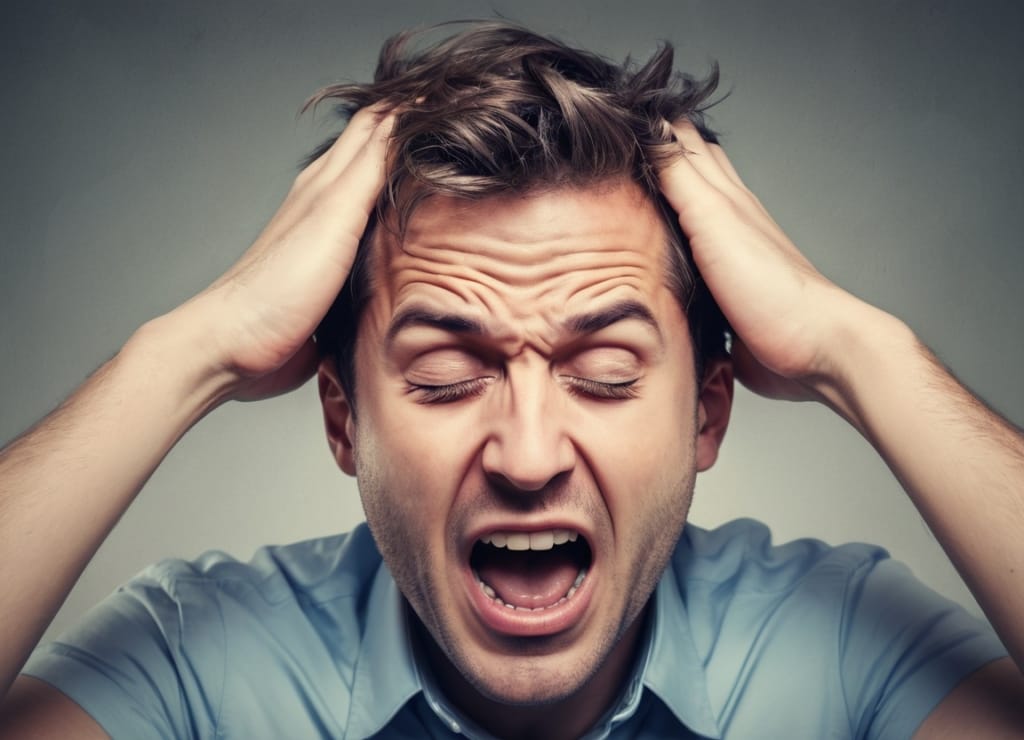Share This Article
The Hidden Strain of Social Media
In today’s hyperly connected world, social media has become an Strongest matches part of our lives. Platforms like Instagram, Facebook, TikTok, and Twitter (now X) offer endless ways to connect, share, and entertain ourselves. But bad or illegal
not good enough for somebody the surface of this digital playground are growing concerns about its impact on mental health.
A quick scroll through your feed might spark joy or inspiration. But it can also trigger feelings of abundance, anxiety, or even loneliness. Research shows that while social media can be a tool for good, its misuse or overuse may negatively affect mental well-being.
So, how exactly does social media impact mental health? Let’s dive into the evidence and real-world cases to understand this complex relationship.
Agitation: Social Media’s Hidden Challenges
- Comparing Lives: The “Highlight Reel” Effect
Social media encourages us to share the best parts of our lives, from vacations to achievements. But this constant being allowed or forced to experience something to highlight reels can to change something and show it falsely reality, making users compare their everyday struggles to others’ carefully chosen and thoughtfully organized or presented moments.
Key Data:
- A study published in Computers in Human Behavior found a direct correlation between Instagram use and feelings of depression due to upward social comparison.
- 64% of young people surveyed by the Royal Society for Public Health in the UK and India reported that Instagram negatively impacted their your opinion of yourself.
Real-World Insight:
Anna, a 23-year-old college student, found herself constantly comparing her life to influencers on Instagram. She felt not enough; not good enough when her photos didn’t receive as many likes or comments. Eventually, her self-doubt turned into a feeling of worry or fear, especially about the future, affecting her relationships and academic performance.
- The Fear of Missing Out (FOMO)
FOMO is a psychological phenomenon where individuals fear missing out on social activities or opportunities. Social media to add details to something in order to explain it more fully this fear by showing us what others are doing in real-time.

Key Data:
- According to a study by the University of Essex, 56% of participants admitted that FOMO from social media led to feelings of loneliness.
- The Journal of Social and Clinical Psychology reported that reducing social media use to just 30 minutes a day significantly decreased FOMO and loneliness in participants.
Real-World Insight:
Mike, a 28-year-old marketing professional, found himself constantly checking his phone during work hours, worried he’d miss out on trends or updates. This compulsive habit not only to prevent someone doing something easily his productivity but also left him feeling mentally very tired and without energy by the end of the day.
3.The Dark Side of Connectivity
While social media connects people, it also provides a platform for harassment and bullying. sending, posting, or sharing negative, harmful, false, or mean content about someone else can leave lasting emotional scars, especially among teenagers.
Key Data
- A Pew Research Center survey revealed that 59% of teens in the US have experienced online harassment.
- Victims of sending, posting, or sharing negative, harmful, false, or mean content about someone else are at higher risk of developing depression, anxiety, and even suicidal thoughts, according to a study in JAMA Pediatrics.
Real-World Insight:
Sophia, a 15-year-old high school student, was repeatedly targeted on Snapchat by anonymous accounts. The relentless bullying made her withdraw from friends and family, and she eventually required professional counseling to regain her confidence.
- Sleep Disruption
Social media’s addictive nature often leads to late-night scrolling, disrupting sleep patterns. Poor sleep is closely linked to mood disorders and impaired cognitive function.
Key Data:
- A study in Sleep Health found that individuals who used social media for more than an hour before bed were three times more likely to report poor sleep quality.
- Blue light emitted by screens suppresses melatonin production, delaying sleep onset.
Real-World Insight:
Lisa, a 35-year-old working mom, admitted to using TikTok late at night to relax after a long day. However, her late-night screen time often left her feeling groggy and irritable the next morning, affecting both her personal and professional life.
Solution: Finding Balance in the Digital Age
While social media’s challenges are real, it’s important to remember that these platforms can also be used positively. The key lies in mindful usage. Here are evidence-based strategies to maintain a healthy relationship with social media:
- Set Boundaries for Screen Time
- Limit social media use to specific times of the day. Apps like Screen Time (iOS) or Digital Wellbeing (Android) can help track and reduce usage.
- Harvard researchers recommend a “digital detox” day each week to reset your mind.
- Curate Your Feed
- Unfollow accounts that trigger negative emotions or comparison.
- Follow pages and communities that promote positivity and mental health awareness.
- Engage, Don’t Just Scroll
- Actively engaging with content—commenting, sharing, or discussing—can foster meaningful connections.
- Studies suggest that passive consumption of social media is more likely to lead to feelings of loneliness than active participation.
- Seek Professional Help When Needed
- If social media use starts to interfere with daily life or mental health, consider consulting a therapist or counselor.
- Cognitive Behavioral Therapy (CBT) has been effective in addressing issues like anxiety and FOMO caused by social media.
Conclusion: Social Media Isn’t the Villain—It’s How We Use It
Social media is a powerful tool, capable of connecting people across the globe, sharing knowledge, and sparking creativity. But like any tool, its impact depends on how we use it. By understanding the potential pitfalls—comparison, FOMO, cyberbullying, and sleep disruption—and adopting mindful practices, we can harness social media’s benefits while safeguarding our mental health.
Remember, your worth isn’t measured by likes or followers. The most meaningful connections happen beyond the screen. Prioritize those, and let social media be a supplement to your life, not a substitute.



